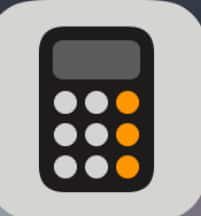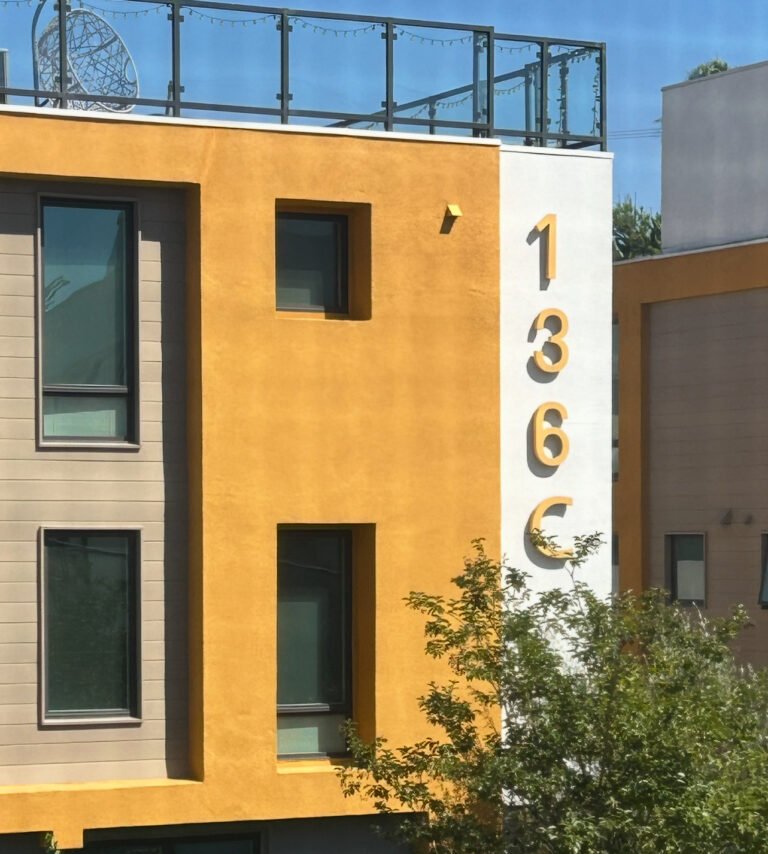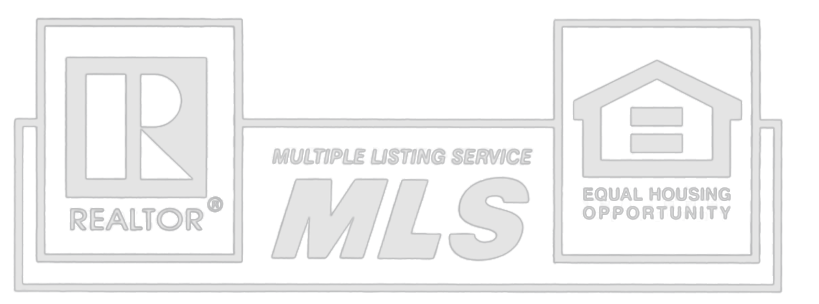How Do You Determine Home Value?
Don't Care To Read About It?
A lot of homeowners put their trust and faith into realtors to determine home value. That’s not necessarily an issue, however with information being easily accessible for many sellers, there is increasing demand to know their home value, without ever having to speak with an agent. On top of that, the world is a scary place sometimes, homeowners may not feel comfortable letting a stranger, regardless if they are a realtor, into their home. In the end, while we may do as much research as possible and get home valuations, the final price of a home is determined by what buyers are willing to offer. If everything says your home is worth $1M, but buyers are only offering $900k, then it is only worth $900k. Reading this article will arm you with the tools necessary to not only make the most accurate home valuation for your home, but without the need of ever speaking to anyone.
Comparative Market Analysis
Maybe you might’ve heard the term thrown around if you speak to a lot of realtors. This is essentially a very rough estimate of your home value, typically performed by real estate agents. The truth is however, everyone can do it too. As long as you know what to do and what to look for. So stop relying on realtors, stop relying on zestimate, and start calculating your own home’s value!
Comparable Homes
Also known as ‘comps’ or ‘comparables’. Essentially, these are sold homes that are very similar to your home and are used to find the estimated value of a property. They will most likely have the same beds and baths of your home, and very similar square footage. Price per square feet is what is used to compare these comps to your home.
You will take the sold price per square feet of at least 3 comps, then find the average. Once you have the average price per square feet, multiple that number to the square footage of your home, to find a very rough estimate of market value. This is considered ‘market value’ because there is proof that homes sold for around this price range for a home around this size in this area.
I recommend finding homes that have sold within the last 6 months, if there aren’t enough to get 3 comps, you may look at the past 12 months of sales, but the estimate will be less accurate.
Location/Ammenities
Another huge factor that majorly affects your home value. The better amenities the higher the price point. That’s why you’ll see areas like the San Gabriel Valley have high base line prices because the location is a major city plus easy access to freeways, beaches, and mountain side. When finding comps for your property, you will want to find the homes that sold closest to yours, as they will have roughly the same location value. I recommend starting out with homes that are 0.5 miles from yours, and going no further than 1.5 miles out.

Closing Costs
One of the biggest myths for buyers and sellers alike is trying to figure out how much are closing costs. It’s just as important to budget for closing costs as it is to have a downpayment to purchase. Oftentimes before selling a home, a good listing agent will provide you with a seller’s net sheet, showing an estimate of how much money the seller will get from the sale of their home, minus all closing costs.
Buyer Closing Costs
A buyer should generally budget around 1-1.25% of the purchase price as closing costs. It’s important to note that this amount of money does not come from your down payment, so the cash must be on hand and budgetted accordingly.
While most of the closing costs will be title/escrow fees, your first month’s rent is actually included in your closing costs. So while it may seem like a big, extra expense, you are actually just paying your mortgage as you normally would.
Seller Closing Costs
Seller closing costs are more straightforward, the bulk of the closing costs will come from agent fees. Sellers have the luxury of not worrying about having extra cash on hand, because often the money will come from the proceeds of the home.
Agent fees can vary drastically and are not set by law or average. However many sellers/buyers like to assume that 2% is the average fee for an agent. So while it may be a good starting point when calculating, it’s not always accurate.

Local Factors
Even with things like location and amenities taken into account, if you want the most accurate pricing of your home, there are a few more steps to consider. While not necessary for most homeowners, it’s a good idea to at least know what else could affect your home value and how to interpret the data.
Average Income
Ultimately, home prices are decided by the buyers of the market. While your home may be worth $3M on paper, if the average income of a family in your city/state is significantly lower, you may find it a hard time selling your home. The less demand there is for your home, the less it will sell for.
Commonality
It’s important to understand how common your home is when compared to other homes in the area. If you own the only $2M house in a city where all other homes are worth $500k, your home is going to be valued less and hard to sell. While if you owned a $2M home in an area with the average home price is $3M, then you may sell fast and for above market value due to pricing.
Desirability
To put in the simplest form, how desirable the city you sell in affects your home value. Even if it’s stereotypical, like Compton being ghetto, etc. Unfortunately it does have an effect on buyers and what they are willing to pay.
FAQs
What's the difference between home equity & Market value?
Market value is what your home is worth in today’s market, depending on inventory and other factors. Home equity is the market value of your home minus any unpaid debts. (Ex : if you own a $1M home and owe $200k on your loan, you have $800k equity. If nothing changes, but your market value goes up to $1.1M due to market factors, your equity is now $900k ; $1.1M-$200k)
How Trustable is zestimate home valuations?
Unfortunately not that trustable, Zillow is not able to take into account many of the local factors that effect price, thus their valuations are generally very broad and not accurate.
Can I do my own home valuation?
Absolute, reread the paragraphs on Comparative Market Analysis and it’ll walk you step by step how to determine your home’s value!
📍 Final Thoughts from a Local Realtor
There are so many factors regarding home value that online calculators become hard to trust. I hope you were able to learn the skills required to determine home value of your home.
The easiest and fastest way to get an accurate home valuation is by contacting a local realtor, and if you have doubts, you can just request them to send it to you in an email.
In this day and age it’s never been easier to have access to information that used to be gatekept by realtors.
Have questions about specific neighborhoods, I’d love to help.


